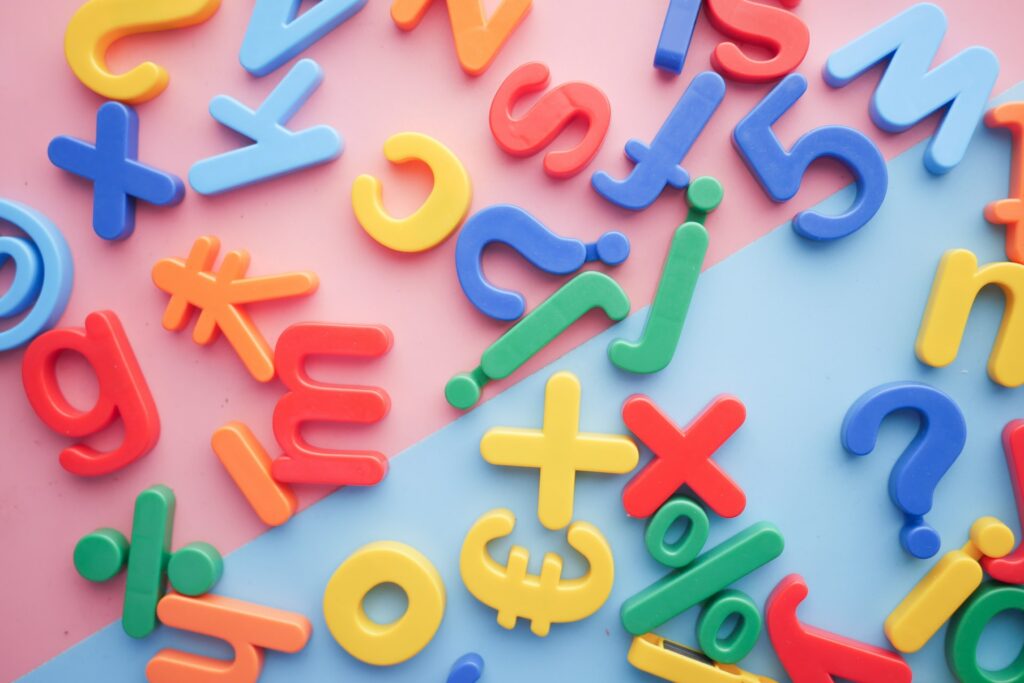


17 March, 2023
What do you think of the term “developing countries”? Worried about how to describe the breadth of gender and sexual diversity without offending? Ever felt uncomfortable saying “beneficiaries”? Wondered at the history of the phrase “committed suicide”?
Oxfam has released a new inclusive language guide, which sets out why it’s time to consider the power of the words that we use. The guide is designed for the NGO sector, but it is an interesting read for anyone wanting to think more consciously about their use of language. It spans intersecting forms of inequality, such as physical and mental health, migration, gender justice and race, to name just a few.
This guide should be seen as just that – a guide. Oxfam highlights its inevitable imperfections and necessity to be a work in progress as our understanding of language changes over time. But it is an effective prompt for thinking about the impact our words have in the context of power, history, reinforcing stereotypes and maintaining inequality.
For example, the guide highlights how ‘Global Majority’ and ‘Global Minority’, instead of ‘the West’ and ‘Third World’, can shift away from the idea that everything is led by wealthier and white-majority nations that historically were colonizers. It recentres Black, Indigenous and People of Colour as the majority. And the use of the phrase ‘is affected by’ to describe a person affected by a particular disability avoids defining a person by a health issue and the negative connotations of ‘suffers from’.
There is no one size fits all approach: language is context and audience specific. But there is no doubt, language has power. The things we choose to say, to our colleagues, our friends, the café barista, can all help foster diversity and inclusion. We encourage you to have a browse through the guide, and think about what works best for your purposes.
By Alice Railton